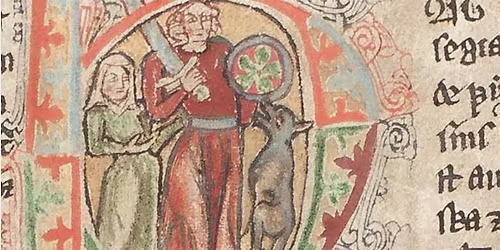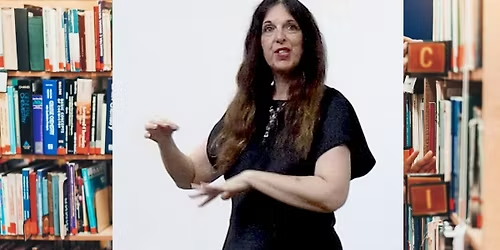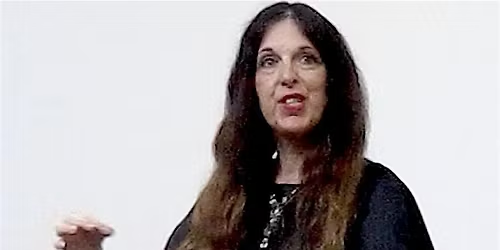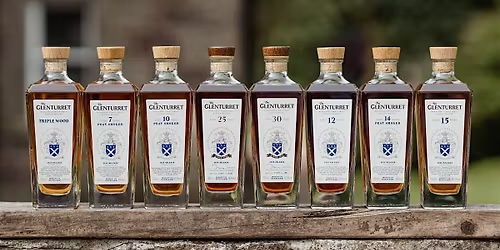
About this Event
Today, politics in the United States is profoundly entwined with television entertainment. You have politicians turning up for brief guest appearances on sitcoms, television stars hosting national political conventions or speaking before congressional committees, and members of Congress weighing in on the recent turns of prime-time shows.
The political rise of Donald Trump, at his core a television character, in the 2010s made clear for all the strong connections between prime time and political life. But the roots behind the coalescence of television entertainment and politics go back decades earlier to the success of the sitcom All in the Family (CBS, 1971–1979) in the 1970s. The show convinced political officials, campaigns, and activists that prime time could sell not only Volkswagens and Alka-Seltzer but candidates, legislation, and values. If the 1960s assured political activists that television news mattered, the 1970s convinced them that television entertainment also mattered.
This book talk explores how political campaigns turned to All in the Family to gain attention, funds, and votes. Focusing on the presidential election of 1972 and its legacy, it shows how President Nixon,Democratic campaigns, and grassroot activists as well as television writers, producers, and stars looked to use and abuse the most popular show on the air. Each group believed they needed the other for relevance, profit, and power. In the process, they ended up making television political and remaking politics in the image of television entertainment.
In short, this talk is about how one television show can help us understand how we got to where we are today.
Speaker: , University of Turku
Chair: , UCL Institute of the Americas
Event Venue & Nearby Stays
Room 103, 51 Gordon Square, 51 Gordon Square, London, United Kingdom
GBP 0.00












